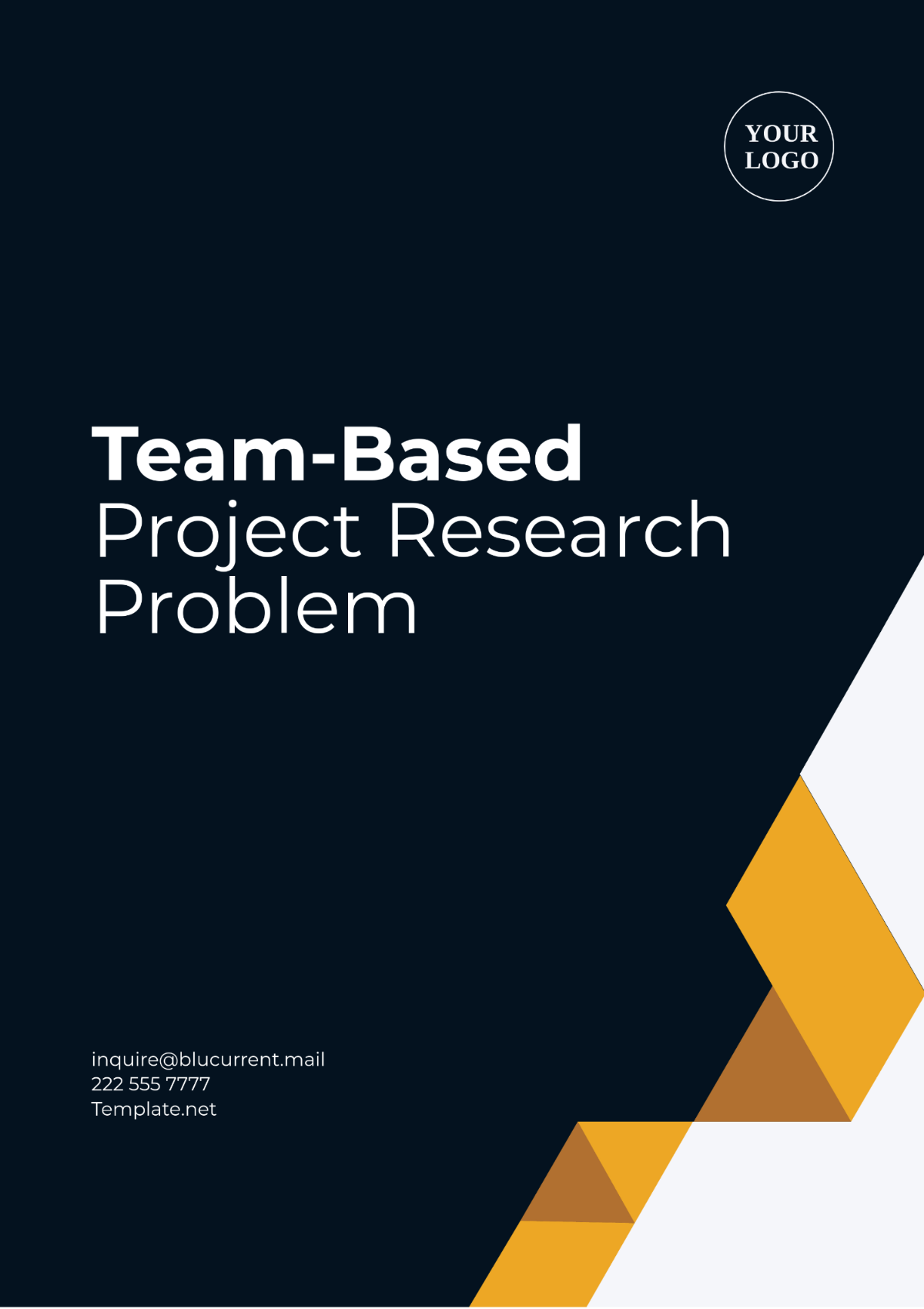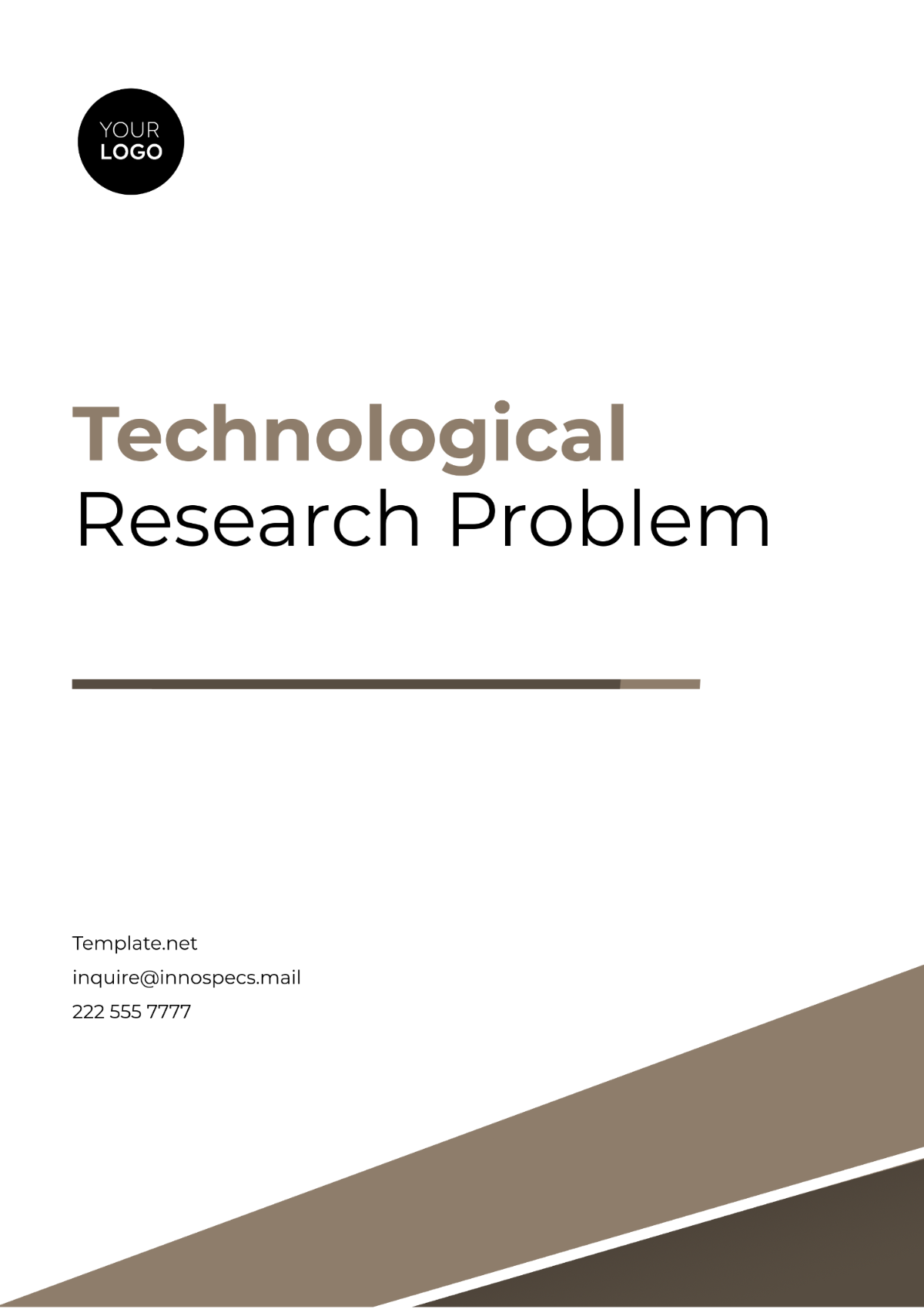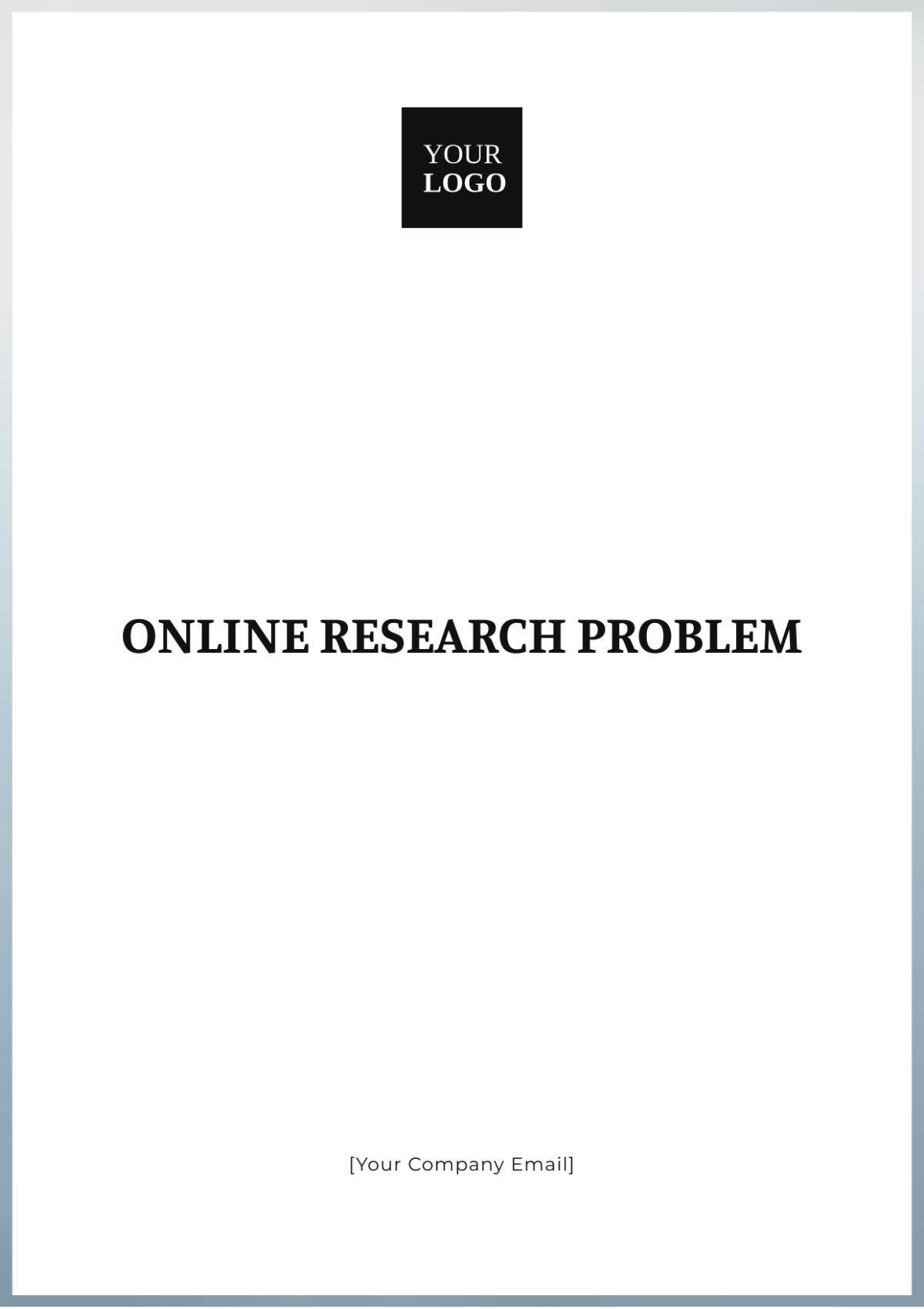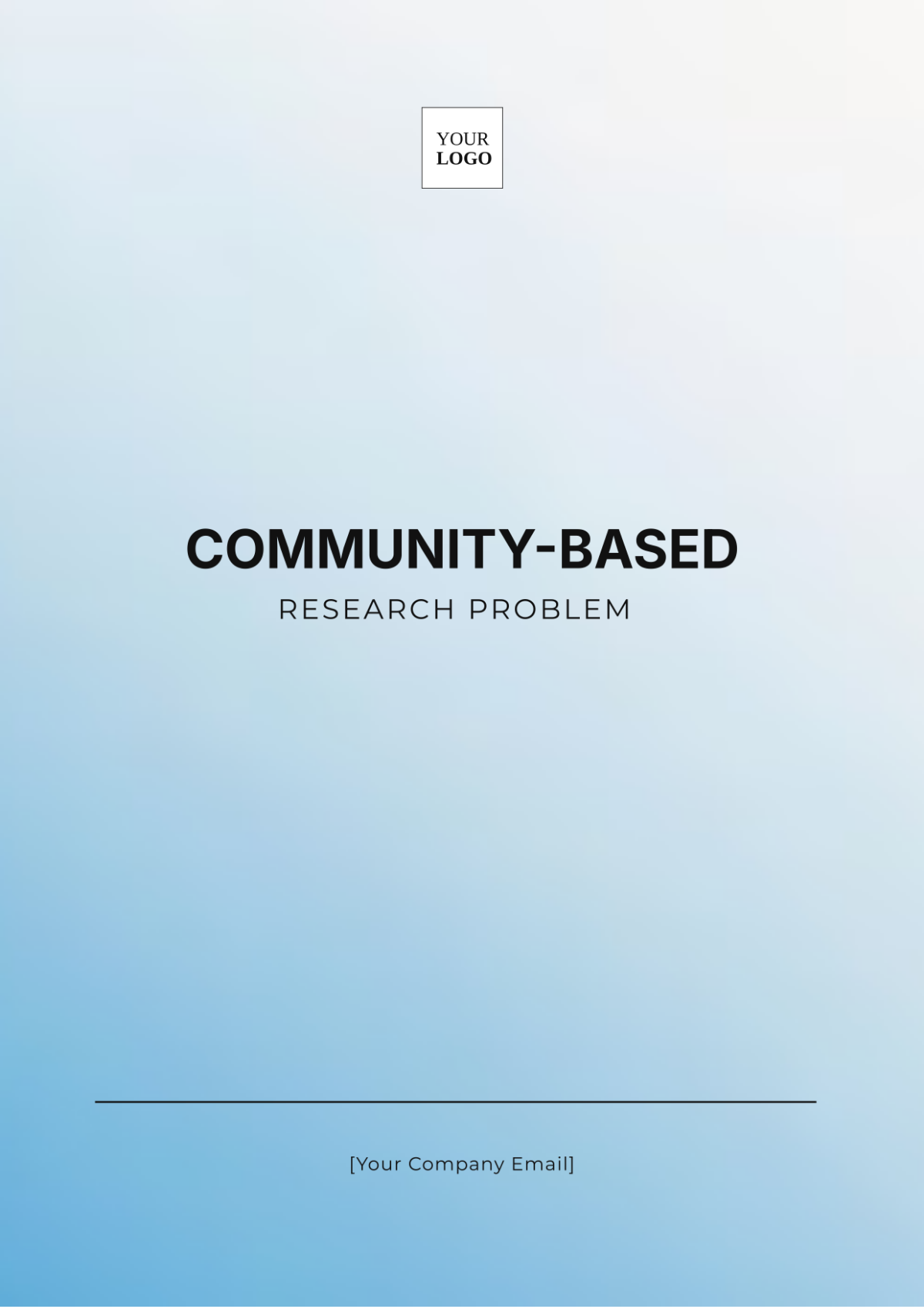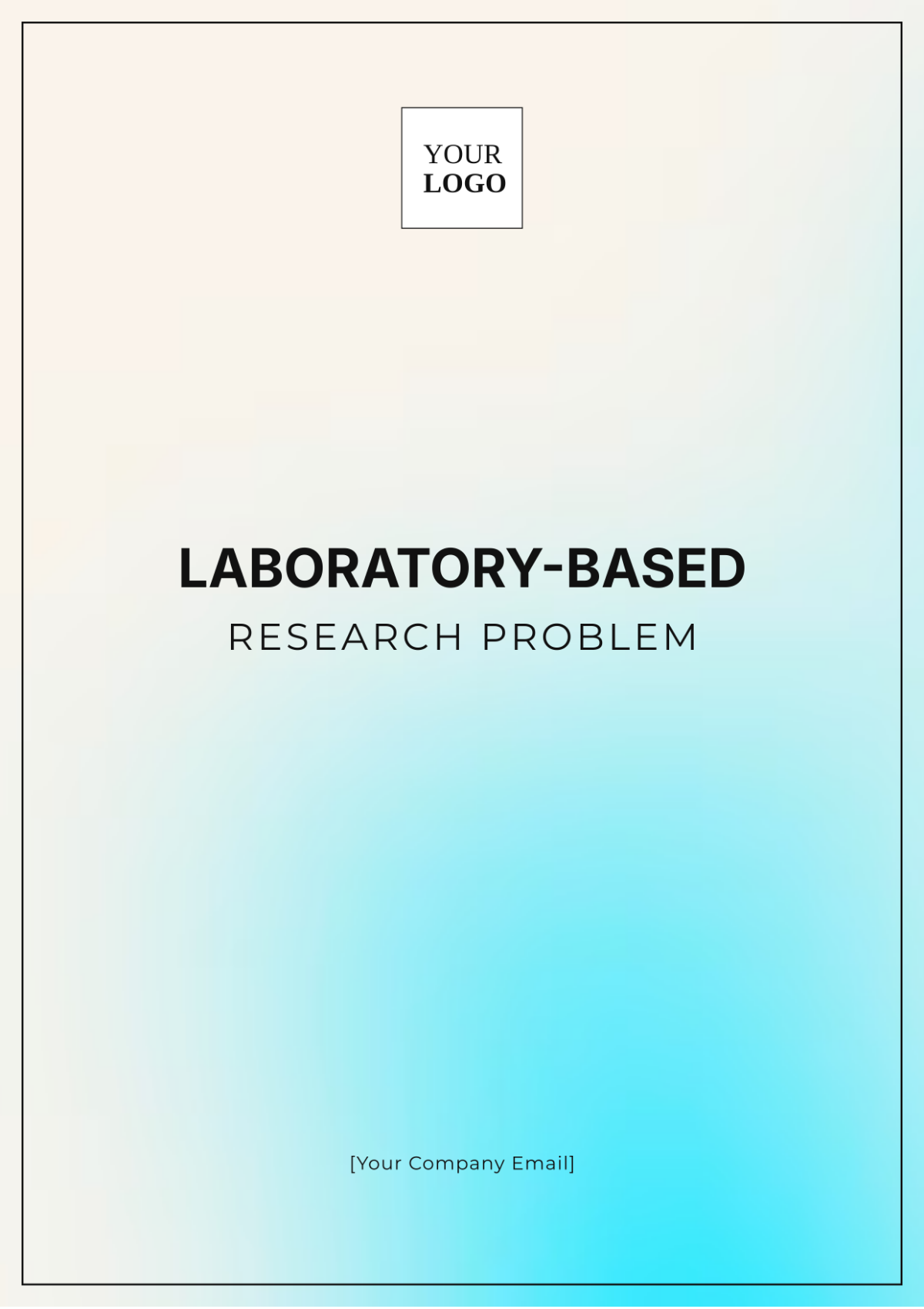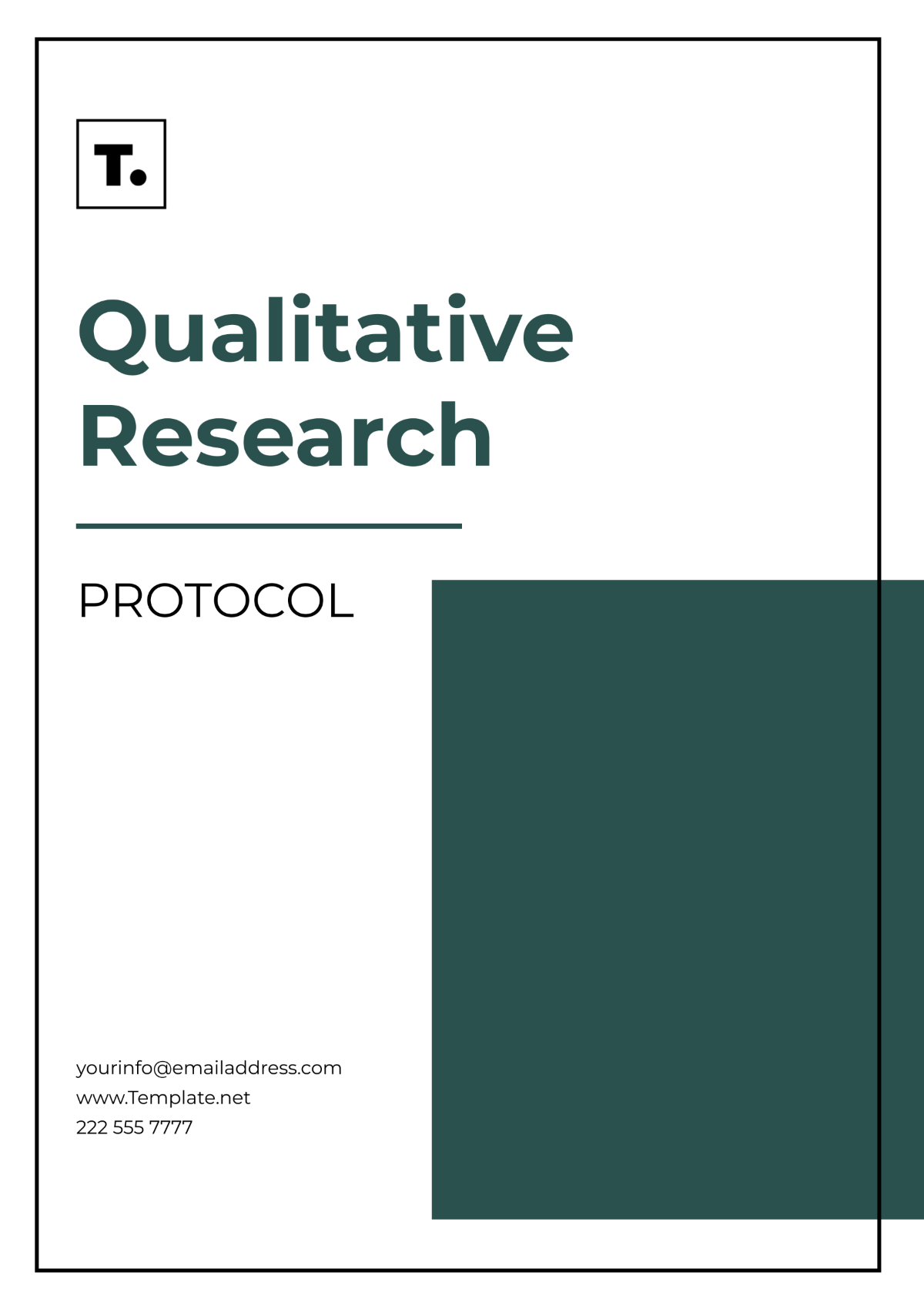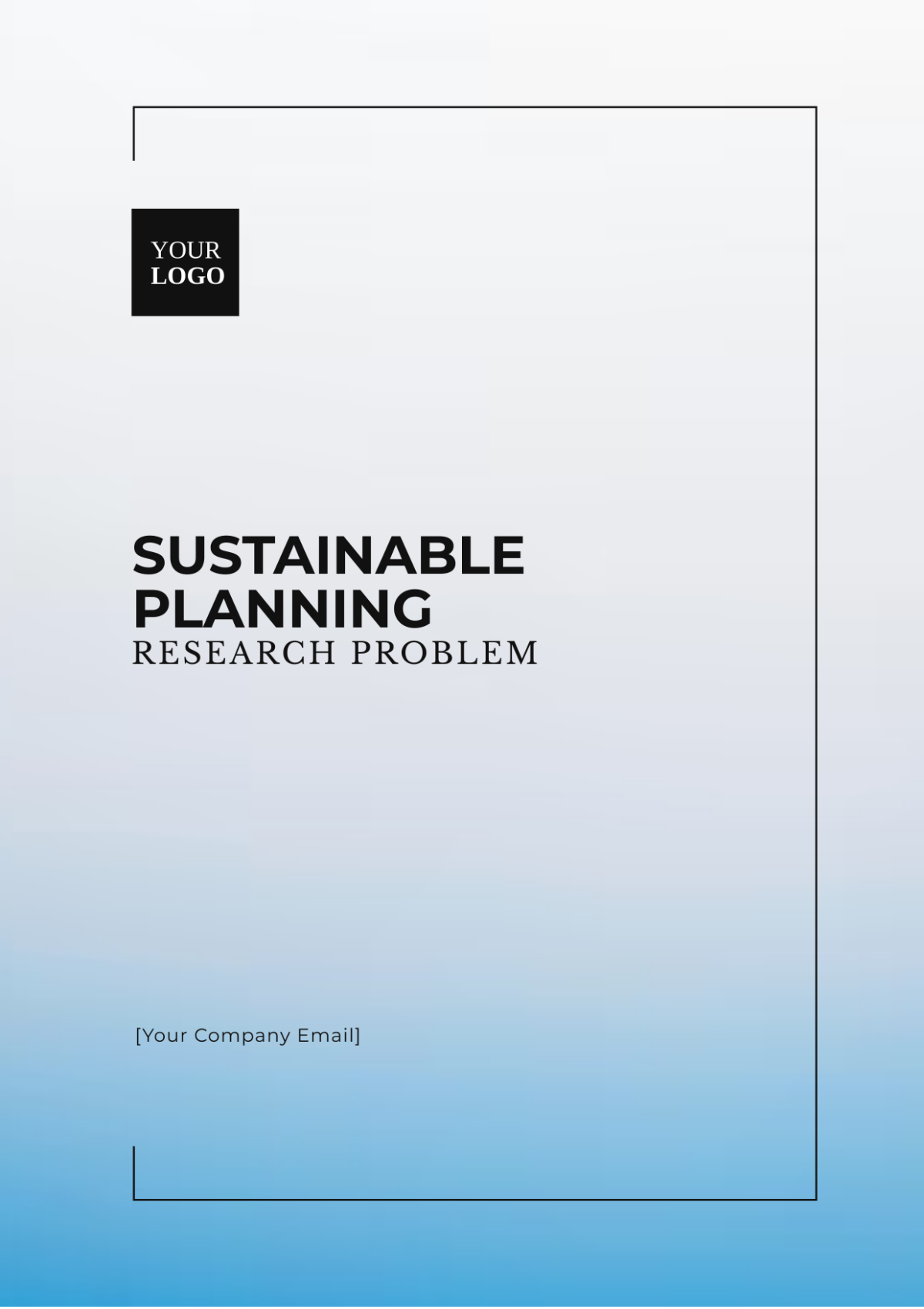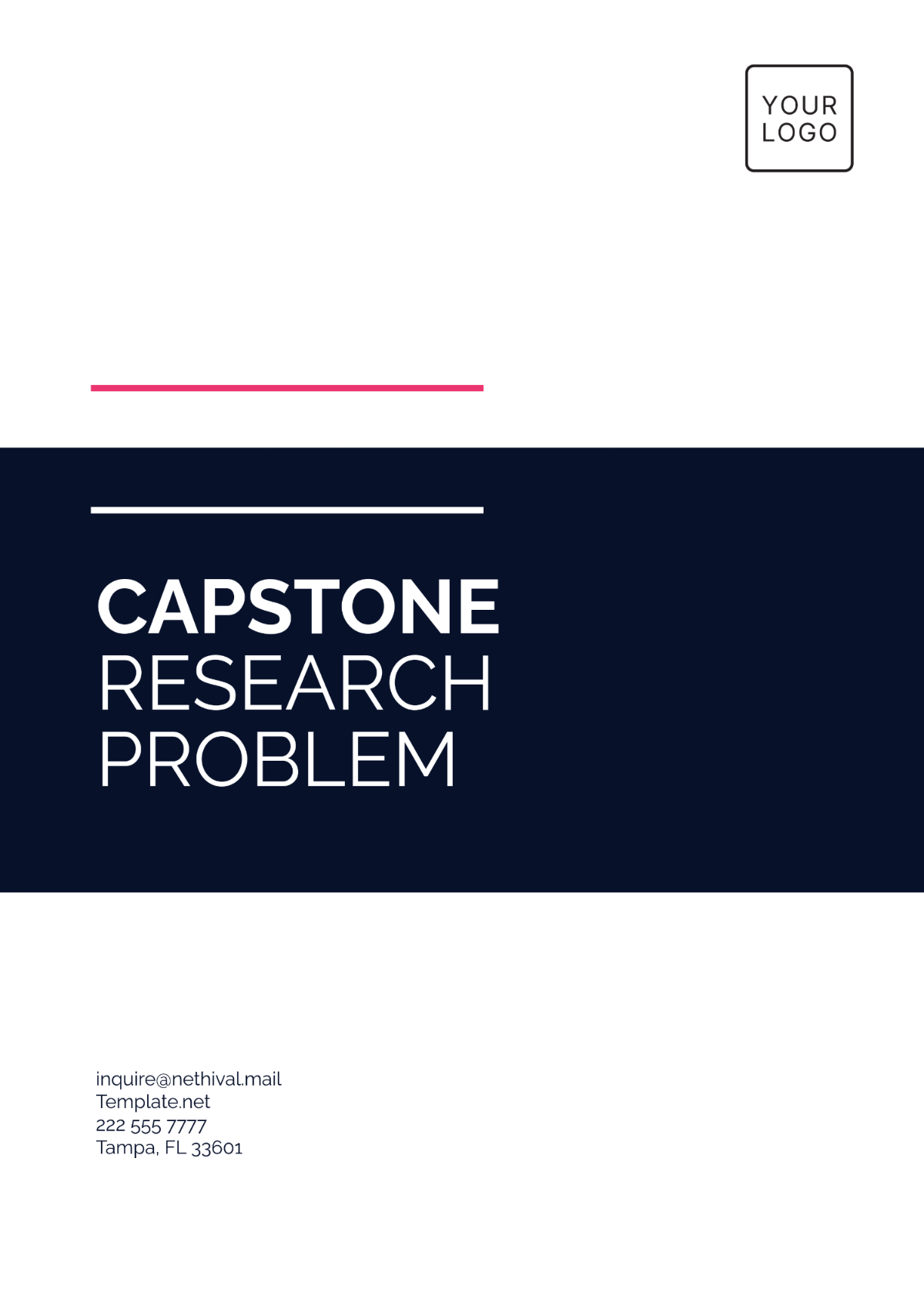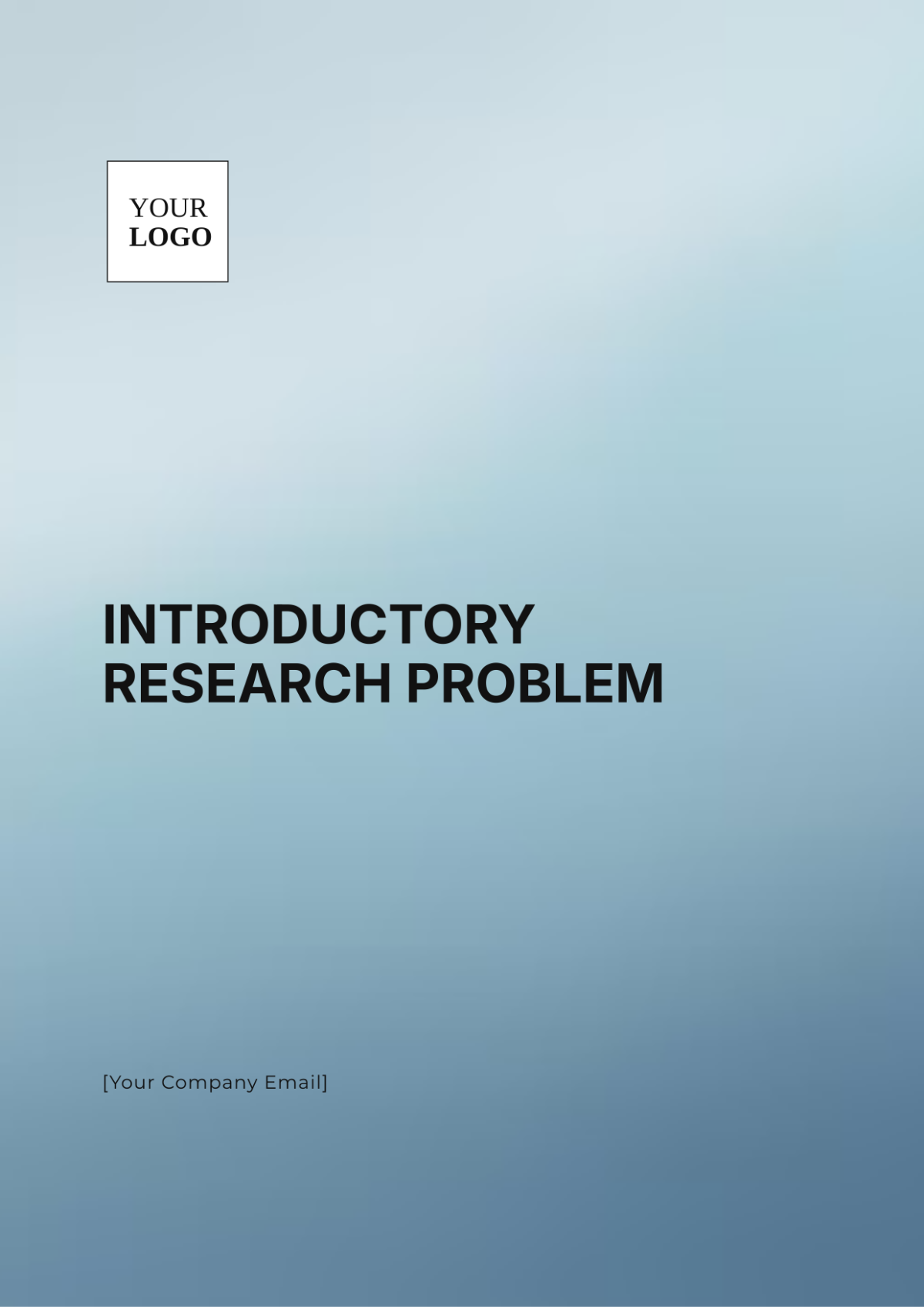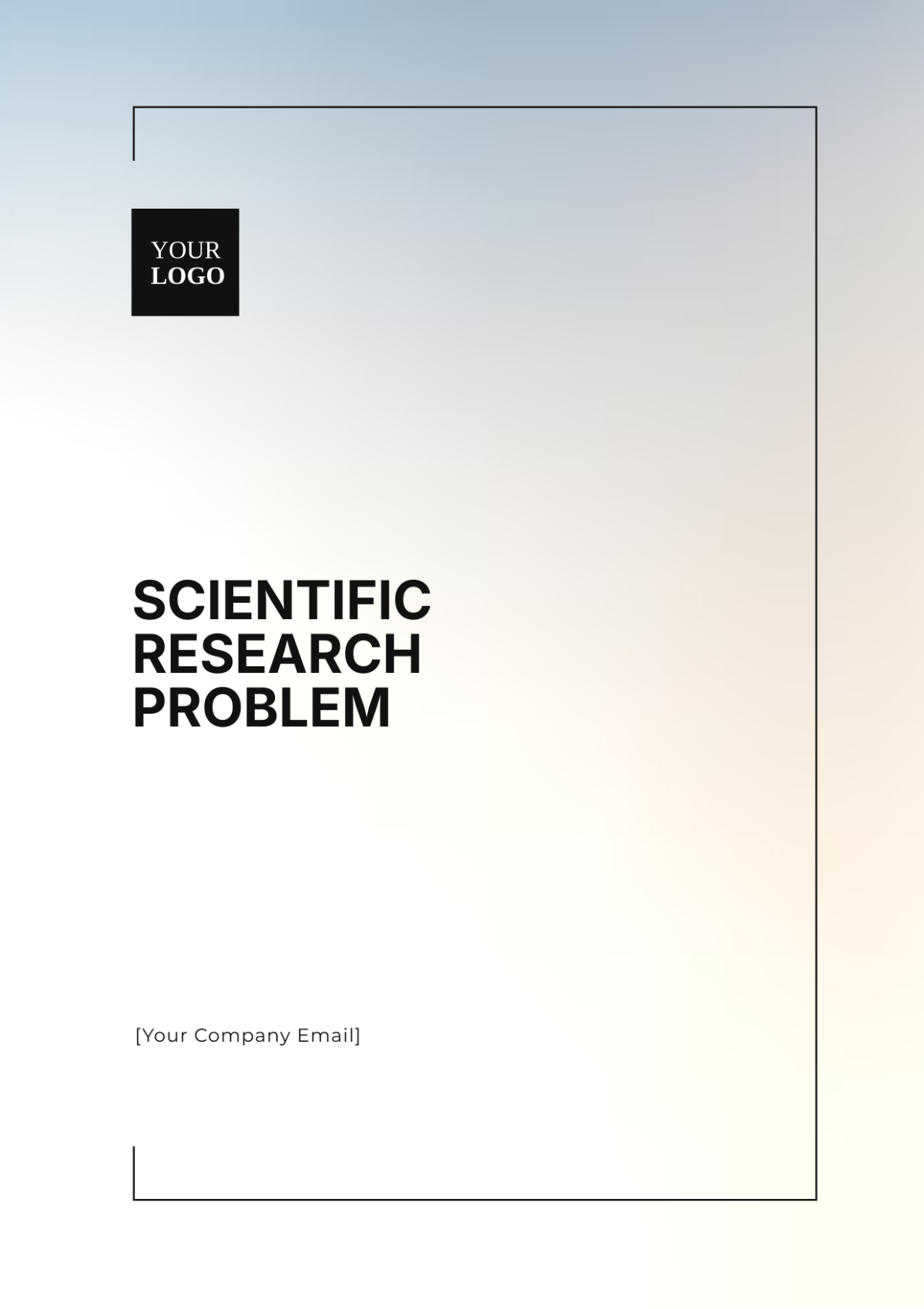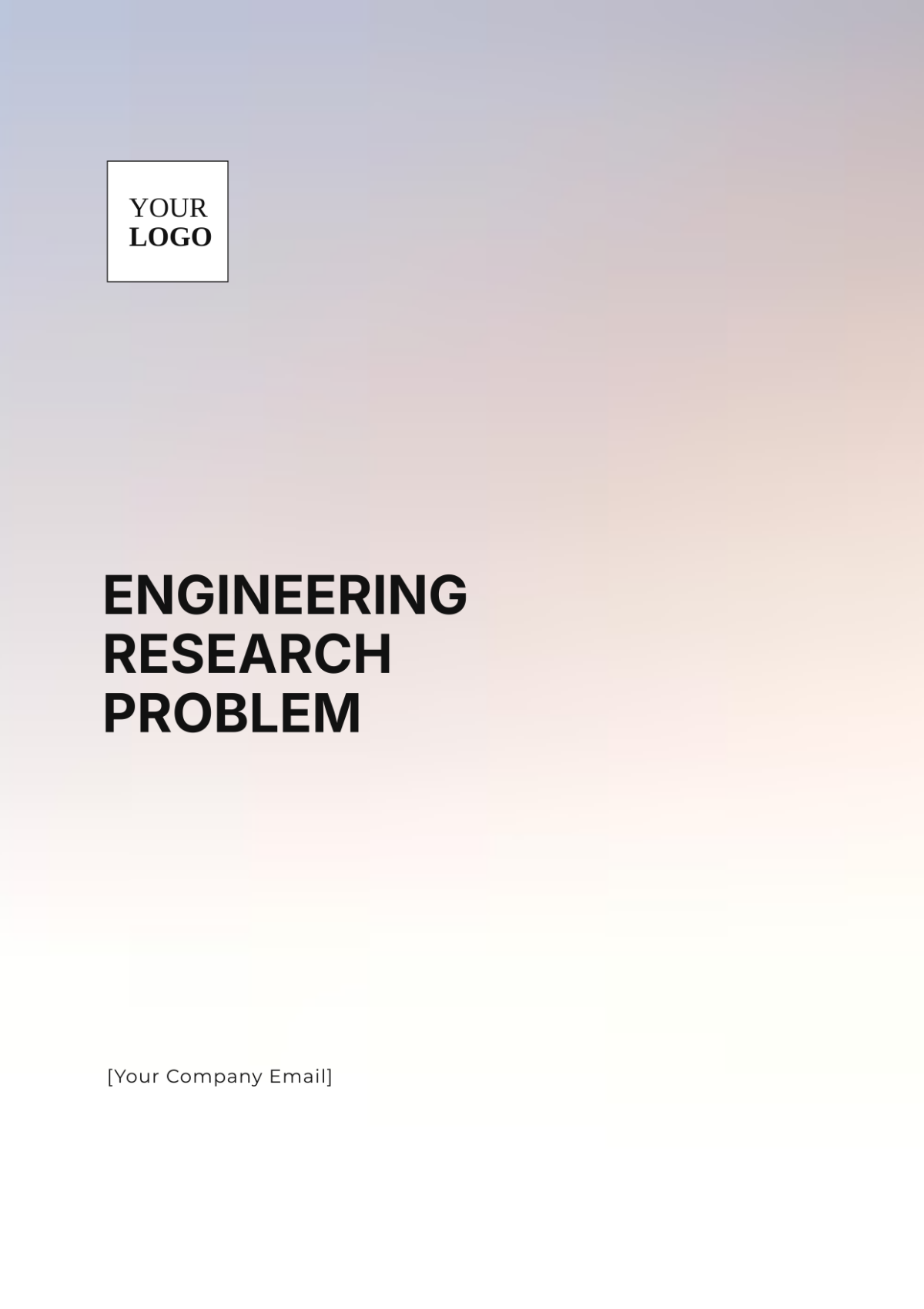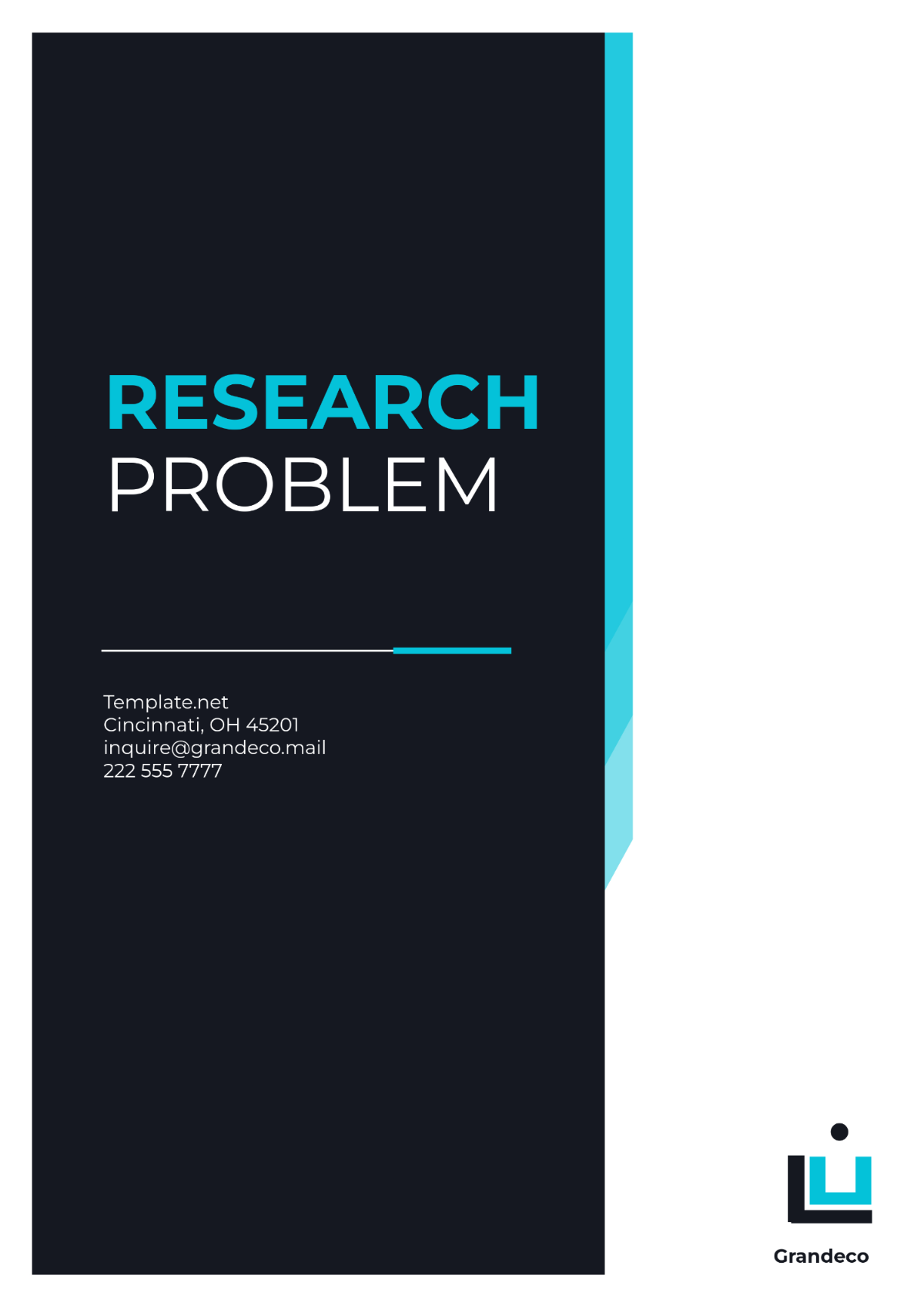Scholarly Articles Explanatory Research
Introduction
Professional development is crucial for maintaining the competence and competitiveness of professionals across various fields. This paper provides comprehensive explanatory research on the importance of professional development, methods of enhancing professional skills, and the impact of continuous learning on career advancement.
Importance of Professional Development
Professional development refers to the ongoing process of acquiring new skills, knowledge, and competencies to improve job performance and advance in one's career. It plays a vital role in:
Keeping Professionals Updated with Industry Trends
Staying abreast of the latest developments and technologies in one’s field ensures that professionals remain relevant and competitive. For instance, IT professionals must continuously update their skills to keep up with rapid technological advancements.Enhancing Job Satisfaction and Work Efficiency
Continuous learning helps professionals feel more competent in their roles, leading to increased job satisfaction. For example, healthcare workers who engage in continuous training often report higher job satisfaction and better patient outcomes.Facilitating Career Advancement and Opportunities
Skills acquired through professional development can open up new career paths and promotional opportunities. For instance, a project manager who completes a certification in Agile methodology might be considered for senior management roles.Ensuring Compliance with Industry Regulations and Standards
Many fields, such as finance and healthcare, require adherence to specific regulations and standards. Professional development helps ensure compliance, reducing the risk of legal issues and improving organizational credibility.Fostering Innovation and Creativity
Engaging in professional development encourages creative thinking and innovation. For example, marketers who attend workshops on emerging trends might generate innovative campaign ideas that significantly boost engagement.
Methods for Enhancing Professional Development
Various methods can be employed to enhance professional development. These include:
Attending Workshops and Seminars
Participating in specialized workshops and seminars provides hands-on experience and up-to-date knowledge. For example, a data analyst might attend a workshop on the latest data visualization tools.
Participating in Online Courses and Webinars
Online platforms offer flexibility and access to courses on a wide range of topics. Professionals can enroll in MOOCs (Massive Open Online Courses) related to their field, such as Coursera or edX courses on digital marketing strategies.Engaging in Mentorship and Coaching Programs
Mentorship and coaching provide personalized guidance and support. For example, a new manager might benefit from executive coaching to develop leadership skills and navigate organizational challenges.Reading Scholarly Articles and Industry Publications
Keeping up with scholarly articles and industry publications helps professionals stay informed about the latest research and trends. Reading journals like the "Harvard Business Review" can provide valuable insights into management practices.Joining Professional Organizations and Networks
Membership in professional organizations offers access to resources, networking opportunities, and industry events. For instance, joining the American Marketing Association can provide access to industry reports and networking events.Undertaking Practical Experience and On-the-Job Training
Gaining practical experience through projects and on-the-job training helps in applying new skills in real-world scenarios. For example, an aspiring software developer might work on open-source projects to build practical skills.
Impact of Continuous Learning on Career Advancement
Continuous learning contributes significantly to career advancement by:
Benefit | Description |
|---|---|
Skill Enhancement | Continuous learning enhances skillsets, increasing professional competence and value. For instance, an analyst with advanced data analytics can provide deeper financial insights. |
Networking Opportunities | Professional development activities and conferences often result in valuable networking and job opportunities. |
Adaptability | Lifelong learning helps professionals adapt to changes, ensuring career sustainability. For instance, healthcare workers who stay updated on new treatments keep up with evolving medical practices. |
Job Satisfaction | Continuous learning boosts confidence, job satisfaction, and productivity, making employees feel more fulfilled. |
Promotion and Advancement | Keeping your skills current is crucial for career advancement. For example, obtaining project management certifications can lead to senior roles. |
Conclusion
Professional development is an essential aspect of a successful career. By understanding its importance, methods for enhancement, and the positive impact of continuous learning, professionals can leverage these insights to achieve career growth and excellence.
References
Author, A. (Year). Title of the Article. Journal Name, Volume(Issue), page range. DOI/Publisher.
Author, B. (Year). Title of the Book. Publisher.

















